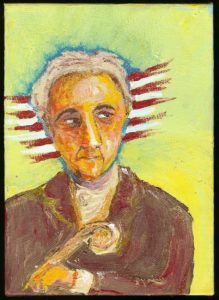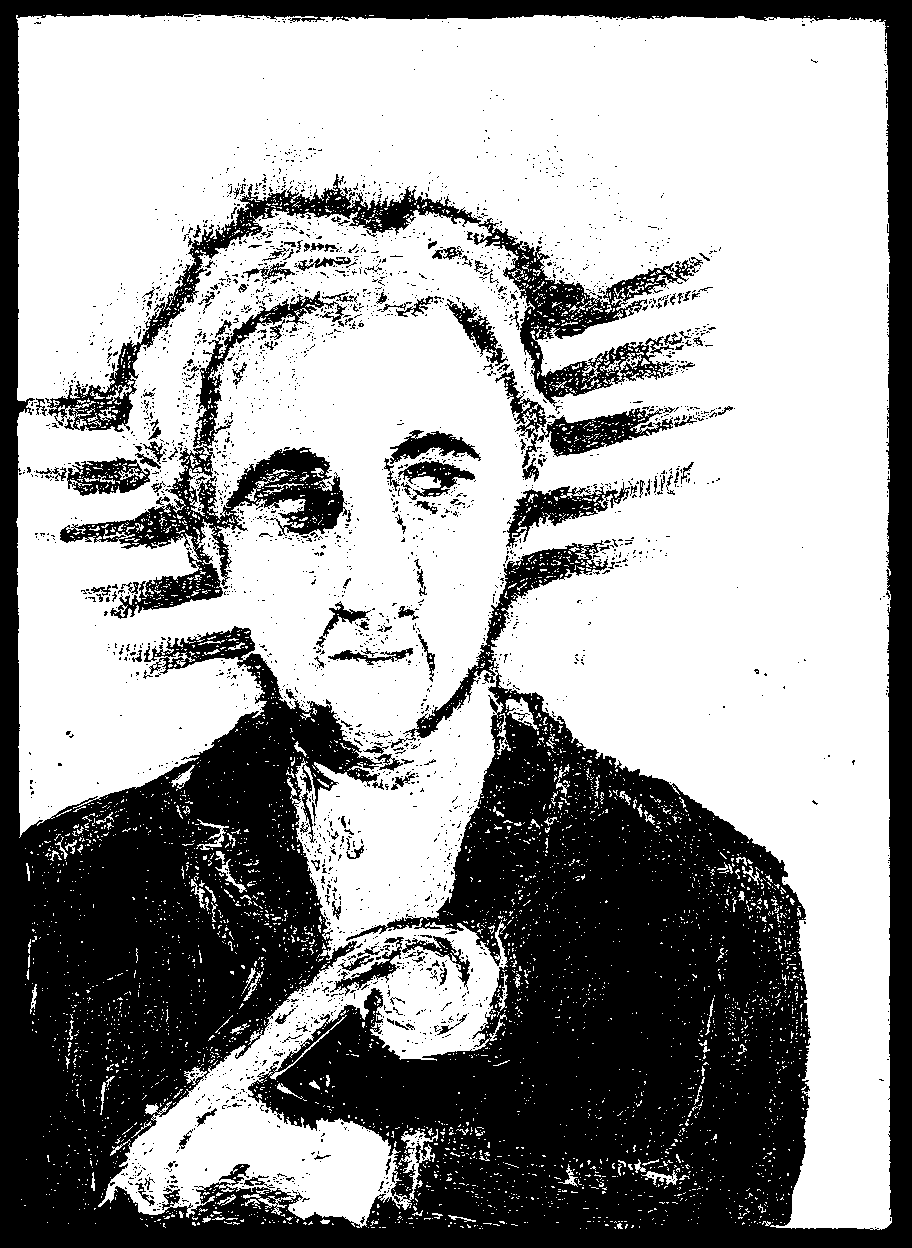 The featured painting is “Thomas Paine” by my brother, Dean.
The featured painting is “Thomas Paine” by my brother, Dean.
Hi. Duane here, with some fun personal insights, mostly about how much I like what Thomas Paine had to say in his day.
Thomas Paine’s writings, especially Common Sense, famously rallied American colonists to the cause of independence from Britain in 1776, with subsequent influence in starting the French Revolution as well. As part of his argument, Paine invited his readers to imagine government from the ground up, from base principles. You know, start with a handful of people, build up gradually, and see what kind of scalable government makes sense.
Read the text of the second part of Common Sense, starting at the third paragraph:
…Four or five united would be able to raise a tolerable dwelling in the midst of a wilderness, but one man might labour out of the common period of life without accomplishing any thing; when he had felled his timber he could not remove it, nor erect it after it was removed; hunger in the mean time would urge him from his work, and every different want call him a different way. Disease, nay even misfortune would be death, for though neither might be mortal, yet either would disable him from living, and reduce him to a state in which he might rather be said to perish than to die.
That’s a fundamental argument for teamwork right there. Consider Paine’s first conjecture: four or five people can build a house together. I suppose that is possible, perhaps even a house that would survive the builders. That sounds like a project, and it would require some kind of leadership.
Thomas Paine’s thesis is distilled into the logic that follows. What kind of leadership does humankind need? Paine goes on to rail against the concept of government as a necessary evil of society, and proof of the failings of worst parts of human nature. He distinguishes society from government very clearly. No matter your opinions on contemporary politics, it is interesting to view our current state through the lens of perhaps our most pointed and influential Founding Father.
What can humankind accomplish with the leaders of our current societies and governments?
What leadership do we need to accomplish a better goal?
